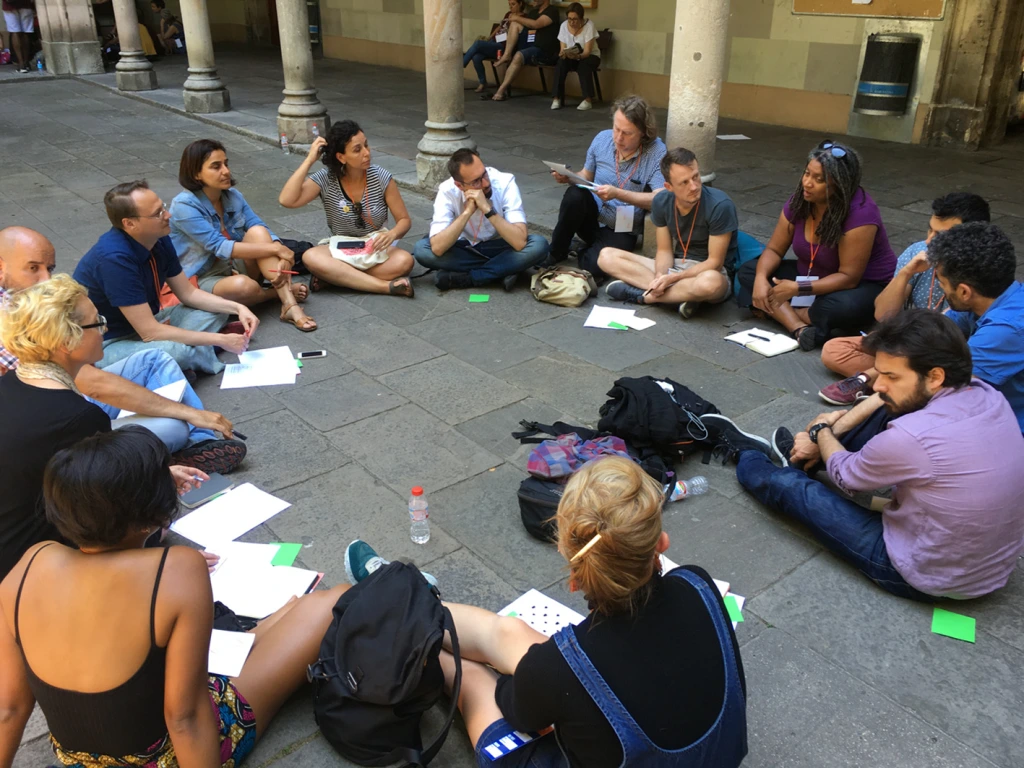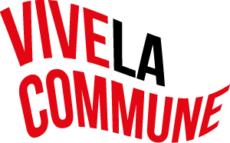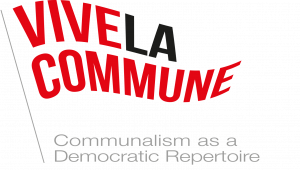Municipalism and the ‘Fearless Cities’ Movement
Project outline
In the wake of the economic crisis of 2008, the past decade saw the emergence of urban social movements that often refer to themselves as ‘municipalist’ or ‘communalist’. Although they are primarily informed by practical experience, these movements tend to draw on theoretical and philosophical sources as diverse as Lefebvre and Bookchin, but also on Hannah Arendt or Benjamin Barber. They typically promote grassroots democracy and self-organisation in the form of neighbourhood or citizens’ assemblies or online platforms. At the same time, they also often pursue an electoral strategy at a municipal level.

This third subproject focuses on Fearless Cities: a global network of municipalist platforms and organisations that seek to transform “towns and cities from the bottom up”. Founded in 2017, Fearless Cities is spearheaded by the local coalition Barcelona en Comú, whose leader Ada Colau was elected mayor of Barcelona in 2015.
Based on a comparative analysis of several involved movements, as well as interviews with their leaders and participants, we aim to reconstruct how theyhave tried to bring a communalist ideal of democracy into practice. How is this ideal informed by negative experiences with the nation-state and representative democracy in response to crises, and how strong is the influence of the communalist theories discussed in subproject two? How do these movements combine experiments in participatory democracy with electoral strategies, and how do these compare with the experiences of councilist movements discussed in subproject 1? How do these movements learn from each other, and how do they negotiate simultaneous local and international identities?


